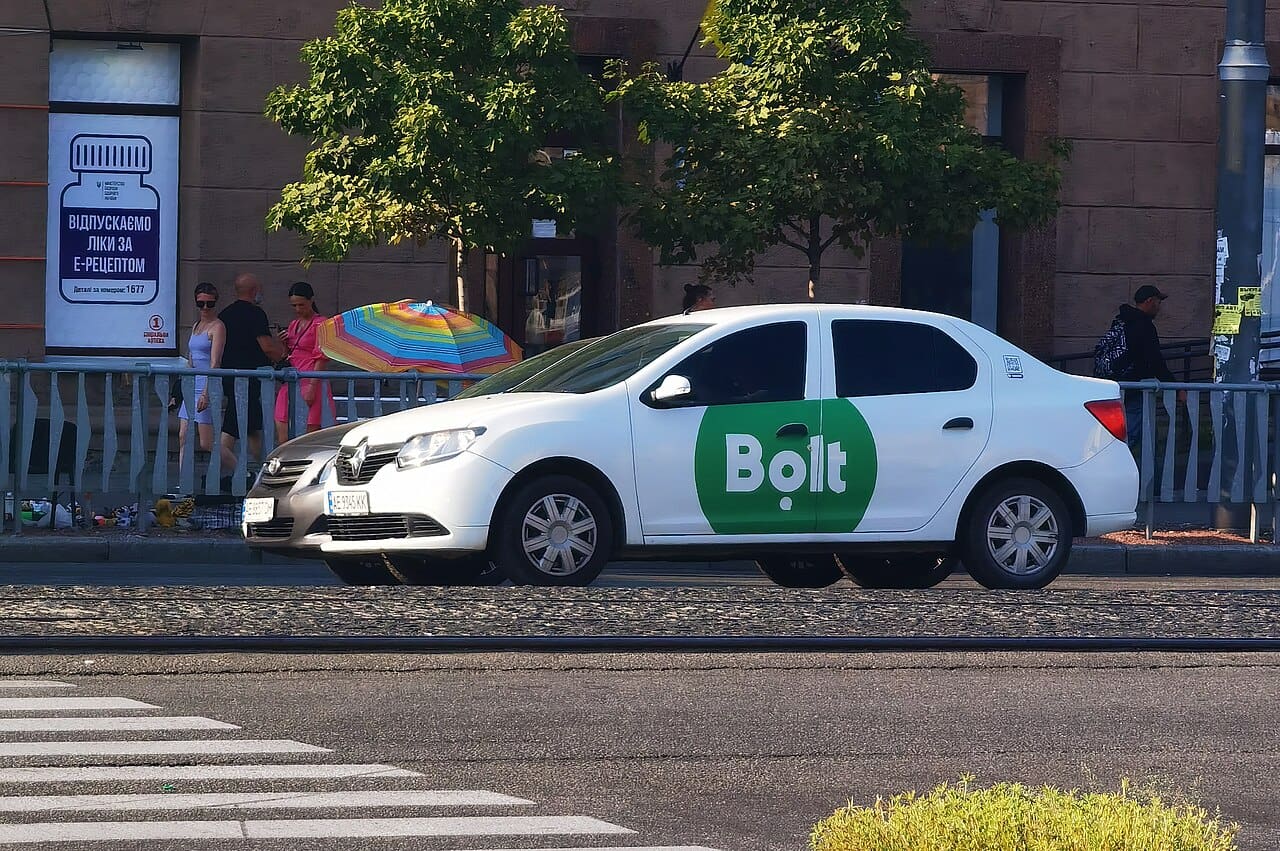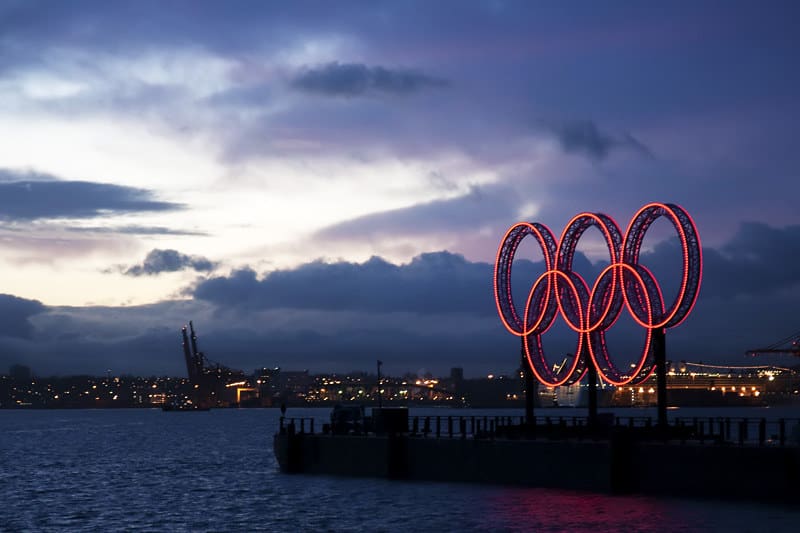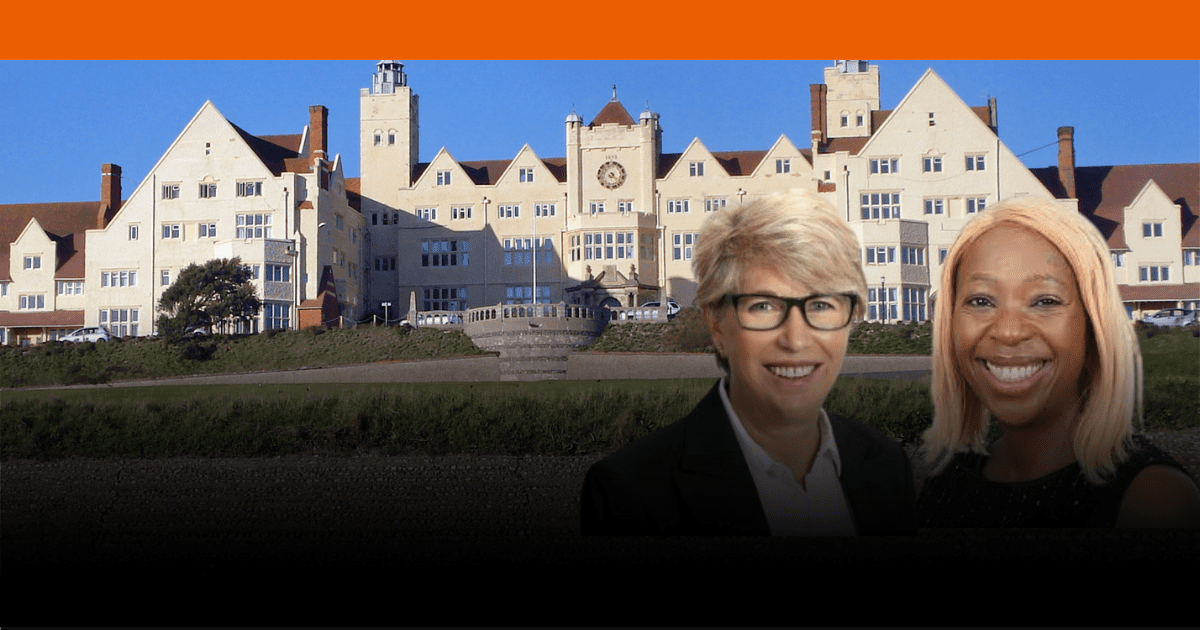Rise Mzansi’s unique organising model is why this new upstart party believes it can get 5% of votes in the upcoming elections. This is according to leader Songezo Zibi, who spoke to SIPHO HLONGWANE.
The 2024 national and provincial elections are upon us, and this promises to be the longest ballot paper in South Africa’s democratic history, with a number of new political parties looking to join the arena of political contestation. Of all the new parties, Rise Mzansi has arguably made the biggest splash in the media – in no small part due to its leader, Songezo Zibi’s past as a newspaper editor. But what is behind the rise of Rise Mzansi, and can they truly make a difference in a year where many expect the ruling African National Congress Party (ANC) to fall below 50% for the first time?
“We believe that 5% is possible, and that’s because of our organising model. Let me tell you, everyone who was at our manifesto launch, we know them by name. These are our people. Our organising is crazy! We know our rate of growth, and how many people we will have in May,” said Zibi in an interview with explain.
In the context of South Africa, a 5% return in the first contested national elections would place Rise Mzansi just below the 6.35% achieved by the Economic Freedom Fighters in 2014 and the Congress of the People’s 7.42% in 2009. Both of these were splinter parties from the ANC, which means they had a batch of supporters ready to go. What Rise Mzansi is aiming for is ambitious, as a fresh party that isn’t a splinter from any incumbent.
However, Zibi believes that the party’s strategy of small group conversations across the country will be its secret weapon. A party spokesperson estimated that the party hosts about 1,000 activities per week across the country, and almost never with groups of over 100 people.
He said: “I don’t think relatability is about whether you can sing at a big rally and these kind of things. We thought that if we speak to the issues and the language that people talk about with their friends and cousins, then they’ll think: okay, these guys get us. So that’s why we did it that way.”
These activities have been the source of the party’s manifesto. On the face of it, it is a typical South African social democracy manifesto: promising to rid the country of corruption and excess while also providing a social safety net to those who need it, and above all, safety. What Zibi says is different is that this isn’t a top-down imposition but a distillation of what people say they want.
“People talk regularly about aspects of their lives that aren’t going so well, you know. So we’ve tried to write the manifesto in that way. There’s a section there on individual, familial and community wellbeing, that’s 95% of what people talked about. The rest of the stuff in the manifesto is, well, how do you enable that,” he said.
With the ANC predicted to finish below 50% according to many polls, Zibi believes that opposition parties have been presented with an opportunity because the ANC has destroyed the people’s trust. He believes that the small conversation model gives Rise Mzansi its edge. “Sometimes 50% of our conversation is convincing the person you’re talking to that their solution to the problem is wrong. And you know, they appreciate that and stay for the debate. That’s a political conversation they’re not going to have with the ANC or another party that’s just going to arrive and tell them what to think.”
A number of opposition parties formed an innovative, pre-election coalition pact called the Multiparty Charter. Rise Mzansi have opted out. It doesn’t make sense to make a coalition agreement before elections have been held, Zibi said. It also obviously prevents opposition parties from campaigning against each other, which is relevant in the City of Cape Town, which the DA governs amidst several service delivery and safety challenges. But Rise Mzansi believes that if it achieves its 5% ambition, then any future post-ANC coalition talks will include it.
Zibi rejects the idea that his party only represents the middle class or rich donor interests. He said: “We recognise that actually, in order for you to get the kind of support that you need to make a political difference in the country, it is those for whom the political issues are existential that you need to focus on. Those black middle-class folks who doubt our working-class credentials will not associate themselves with the working class anyway. They are not interested in hanging around for hours after our meetings, debating [what for them is] some theoretical issue.
“Any donor who thinks that in order to succeed in South African politics, you need to go to the folks who don’t show up for meetings in Bryanston, are wasting their money, because you will never win more than one seat in Parliament,” he said.



